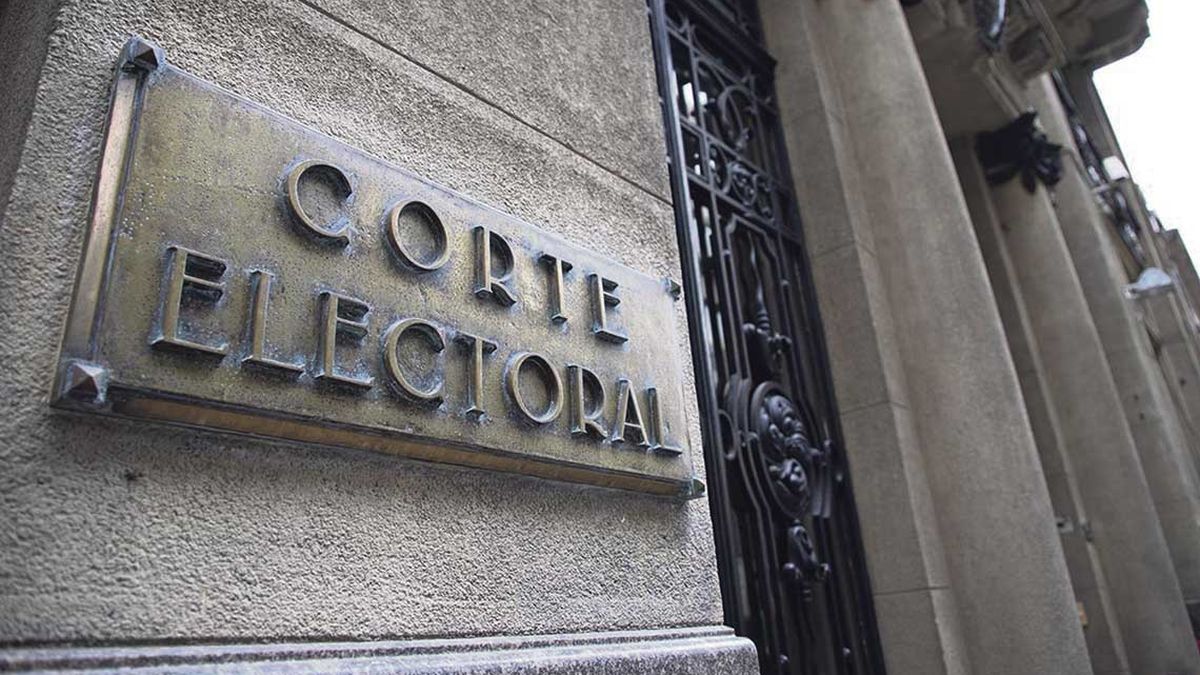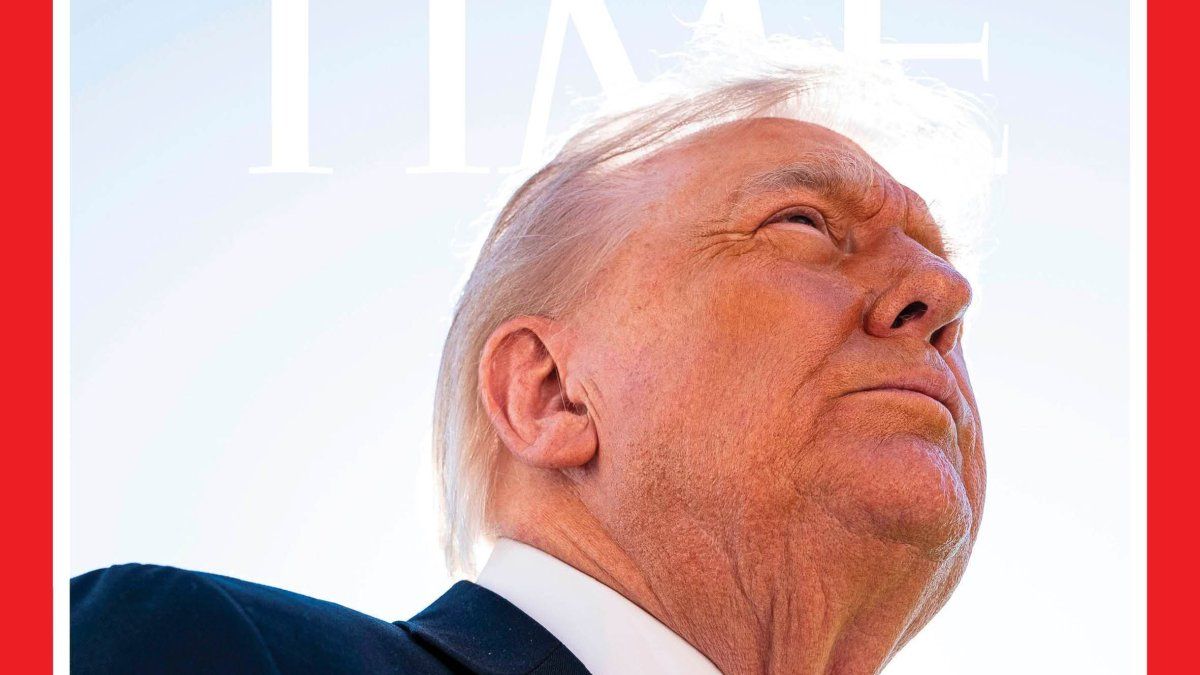One of the modifications proposed by the political party financing law approved in the Senate Yesterday is the possibility that Financial Analysis Unit of the Central Bank and the Senaclaft collaborate with the Electoral Court to audit the financial statements of political parties.
This Tuesday the Senate voted in favor of the political party financing law after Town meeting has given in its demands and supported the initiative. Decision that ended up forcing the Wide Front to accompany Although one of the most controversial points corresponds to the exposure time of political parties on television, another of the topics discussed is the possibility of auditing political parties.
“It enhances or allows the Electoral Court have some important mechanisms, for example that it can be assisted with the Financial Analysis Unit of Banco Centraly the Senaclaft to study the financial statements that political parties have to prepare when the electoral process ends,” the frontist senator explained to M24. Daniel Caggiani. “That is important because it gives technical knowledge or technical capabilities that today the Electoral Court unfortunately does not have,” he added.
Sanctions are defined
On the other hand, he spoke about the sanctions set out in the law. “There are aspects that affect sanctions, without a doubt that is also important, today there was an electoral ban but there were no sanctions for those who failed to comply,” she explained. “A candidate, a political sector or a party carries out electoral advertising outside the campaign, in the ban, “There will be serious and very serious economic sanctions,” he added and specified that they could rise to 2 million pesos.
In addition, the senator commented that sanctions were also specified for when the State carry out official advertising during electoral periods. “Many times the state apparatus, both national and departmental governments, can be used as a stimulus for government parties to carry out spots to (cover up) electoral campaigns or also influence the costs that political parties have,” he explained.
Meanwhile, regarding anonymous donations, they reached an agreement in which they cannot exceed 10% of the total donations, a number that rose to 15% and that the Wide Front proposed at 0%.
The main changes to the law
The law voted in Senate establishes that the media must give a free 13-minute space to slogans with parliamentary representation or that have reached more than 2% of the votes in previous internal elections. These minutes will be distributed during the campaign as follows: five minutes at the beginning of the campaign, three minutes in the middle of the process and five minutes at the end.
For the second round elections, the formula is different with 7.5 minutes for each presidential pair competing in the runoff.
The lists headed by women will, meanwhile, have differential access to electoral funds, a provision that had the only rejection of Town meeting.
The money transferred to parties whose lists are led by women will be 15% higher than what was stipulated in 2009, 20% higher if the list was proclaimed by the Electoral Court and 10% for each woman who holds a position proclaimed by the electoral authority.
The biggest changes to the current law on financing political parties occur in the role of the Electoral Court and in the private financing of electoral campaigns.
The text approved by the Senate establishes that the electoral authority may sanction parties for non-compliance, although it does not specify how this change will be implemented. Currently, the Electoral Court You can only observe irregularities.
Furthermore, this institution may go to the Court of Accounts to audit the results of campaign expenses of political forces, a radical change since today there is no type of control over expenses.
The Chamber of Deputies will define the first week of June whether to support or reject the law sent from the Senate, which can no longer be modified. If ratified, it will be in force for the general elections in October.
Source: Ambito




